This article was co-authored by Ran D. Anbar, MD, FAAP. Dr. Ran D. Anbar is a pediatric medical counselor and is board certified in both pediatric pulmonology and general pediatrics, offering clinical hypnosis and counseling services at Center Point Medicine in La Jolla, California and Syracuse, New York. With over 30 years of medical training and practice, Dr. Anbar has also served as a professor of pediatrics and medicine and the Director of pediatric pulmonology at SUNY Upstate Medical University. Dr. Anbar holds a BS in Biology and Psychology from the University of California, San Diego and an MD from the University of Chicago Pritzker School of Medicine. Dr. Anbar completed his pediatric residency and pediatric pulmonary fellowship training at the Massachusetts General Hospital and Harvard Medical School and is also a past President, fellow and approved consultant of the American Society of Clinical Hypnosis.
There are 24 references cited in this article, which can be found at the bottom of the page.
This article has been viewed 65,440 times.
Anorexia is a serious, life-threatening disease in which an individual may starve him/herself to death due to psychological, cultural, and physical causes.[1] The disease has a higher mortality rate than all other causes of death for females 15-24 years old. Additionally, although the majority of people who suffer from anorexia are female, 10-15% are male.[2] Coping with this disease as a patient takes strength, courage, and endurance, but with the right attitude and support, you can find yourself on the road to recovery.
Steps
Helping Yourself Cope with Anorexia
-
1Journal about your feelings. Keeping a recovery journal where you write down your feelings will help you maintain awareness about your condition. It will help you keep a record of how you felt throughout the day, especially when you were dealing with food issues.[3]
- You can use the technique of "unpacking" to go deeper into your feelings. For example, if you wrote that you felt "okay" one day, ask yourself what you could have meant by the word "okay." This will help you explore your feelings in more depth.[4]
-
2Talk to your doctor. Anorexia can have serious health complications such as anemia, bone loss, gastrointestinal issues, heart problems, and even death. It's important to consult a medical professional if you think you may have anorexia, so you can get the treatment you need to recover. Talk to your doctor about anorexia if you exhibit the following symptoms:[5]
- Significant weight loss as a result of not eating.
- Fear of being fat, even when your body appears too thin to many people.
- Excessive dieting and exercise.
- Anxiety, mood swings, or hyperactivity.
- Difficulty sleeping.
- Suppressed sexual desire.
- Obsession with "clean eating"
- In females, irregular or nonexistent menstruation.
- Preoccupation with weightlifting
Advertisement -
3Set goals that are attainable. Setting unrealistic goals will cause problems, because you will have difficulty achieving them and you will want to give up early. Instead, aim smaller at first, and then ramp after you've met the early goalposts. If your goals are realistic, you will be able to balance them with other things in your life. This can be a good way to measure whether they are attainable or not. If your goal requires so much effort and time that you don't have time left for fun or other responsibilities, you may want to re-examine.[6]
- For example, if you're only eating one meal a day, try adding a small snack. You don't need to go for a full three meals per day right off the bat.
- For another example, if you check your weight over 10 times per day, try to get that number down to 8. Aiming for no checking may be unreasonable, but you can probably lower the number a little bit if you make an effort.
- Note that if your life is in immediate danger due to anorexia, you may be hospitalized to get your weight up quickly to prevent life-threatening complications. In general, though, you can work up to a healthy weight through small, achievable goals.[7]
-
4Watch out for your triggers. A trigger is anything that upsets and leads you to eating disorder behaviors.[8] If you can identify your triggers, you can gain control over situations and people that lead you to the anorexic behaviors. Once you know who and what stresses you out in this way, you can create a plan to deal with them ahead of time. Some triggers to look out for:[9]
- Stressful family interactions.
- Stressful job situations.
- Images or events that trigger your body image issues.
- Specific foods that you have difficulty thinking about.
-
5Read about intuitive eating. Intuitive eating is a nutritional system designed by dietitian Evelyn Tribole and nutrition therapist Elyse Resch. It can help you learn to listen to your body's signals, such as when you are hungry or full. It can also help you develop alternative coping mechanisms for comforting yourself that don't involve food. Some more things intuitive eating can do:[10] [11]
- Help you begin to appreciate eating as a pleasurable activity.
- Respect your body, or your "genetic blueprint."
- Reject the diet mentality.
-
6Embrace body diversity.[12] There's a huge number of diverse and beautiful body types in the world. If you have difficulty accepting your body, look at all the colorful varieties of body types in the world to see just how special and unique each one of them is. You can see this diversity by going to an art museum and looking at classical paintings, where people valued different physiques than they do today. You can also read news about body diversity by clicking here.
-
7Use positive affirmations if you feel the anorexia creeping up. Whenever you feel stressed and want to turn to anorexic behaviors to cope, use a mantra or positive statement to redirect your feelings. Be your own coach.[13]
- For example, you can say "I can feel bad and still choose to take a new and healthy direction."
- You can also say "This is difficult and uncomfortable, but it is only temporary."
Getting Help from Professionals
-
1Go to therapy. True recovery from eating disorders like anorexia usually requires outside help. There's only so much you can do on your own. A good first step aside from talking to your doctor is finding a therapist.[14] Therapy will help you change your relationship to your body and food by examining your thoughts and beliefs about your life.[15] Here are some good types of therapy to be on the lookout for:
- Cognitive behavioral therapy. CBT is the most researched method of therapy for eating disorders.[16] It can help you change your thoughts and behaviors around your relationship with food.
- Interpersonal therapy. IPT focuses on improving the relationships in your life so that the symptoms of anorexia go away on their own. If your social life becomes healthier and more supportive, that will affect your anorexia in a positive way.[17]
- Search for a therapist by clicking here.
-
2Consider in-patient treatment. Because of how serious anorexia can be, there are different options for professional treatment. Inpatient treatment involves living at a residential facility, where you can receive more serious help. This may involve doctors monitoring your nutrition levels, individual and group therapy, and psychiatric medication.[18]
- This may be especially important if you are severely malnourished and underweight.[19]
-
3Learn about outpatient treatment. Out-patient care is less intense than in-patient. It involves visiting a clinic but living on your own or with family. Here are some of the benefits of out-patient treatment:[20]
- If you're in the early stages of anorexia, you can get help without compromising your independence.
- You can still attend school and receive support from living with your family.
- The cost is much lower for out-patient care than in-patient care.[21]
-
4See a registered dietitian. Although anorexia has psychological components, nutrition is equally important. In fact, some research suggests that people need to recover from malnutrition before they can fully recover from anorexia.[22] A dietitian can help you learn about what your body needs and get you on the right track.[23]
-
5Ask your primary care physician about medication. Psychiatric medication can help deal with the symptoms of anorexia on a day to day basis. Antidepressants can keep your mood up and prevent you from falling into depression over the issues. Anti-anxiety medications can help you from worrying too much and engaging in compulsive behaviors.[24] These may be especially useful if you have co-occurring anxiety or depression, which is common for many people with an eating disorder.
Getting Help from Family and Friends
-
1Ask for help. This is an important step in recovery. Find someone positive in your life that you can trust and rely on. It can be scary and embarrassing to seek help for an eating disorder, but gaining support from a trusted friend, family member, religious leader, school counselor, or work colleague is for many people the first step on the road to recovery. Research suggests that feeling connected socially is an important factor in recovery.[25]
- For example, if your dietitian has helped you create an eating plan, ask a friend or family member to help you stay on track.
-
2Find a support group. It's essential that you get a strong amount of social support in order to recover from anorexia. There are support groups across the country that you can join, where you can discuss your feelings and the struggles you are enduring. There are groups led by professional therapists as well as volunteer-led groups. Volunteer-led groups are typically led by someone who has recovered from an eating disorder. Use this link to find a group local to you:
-
3Use the internet. If you aren't able to join a support group and you need people to talk to, there are chat rooms and forums on the internet where you can find sympathetic people. Because of how important maintaining social connection is for eating disorder recovery, you may want to consider posting on these websites.[26] Many of these people are going through the same issues. Here are a couple different options:
-
4Keep family and friends by your side. Many people with eating disorders are tempted to isolate themselves from the people in their lives, usually because of the strongly held belief that there is something wrong with them.[27] As tempting as coping via isolation may be, you should avoid it at all costs. Isolation will only make the problem worse. Allowing family and friends to be there for you is one of the keys to recovery.
-
5Avoid harmful websites. Unfortunately, there are websites out there dedicated to the spread of anorexia and other eating disorders. These websites advocate anorexia and bulimia as lifestyles. They may not realize how harmful, painful, and even deadly eating disorders can be. They are usually called "pro-ana" or "pro-mia" websites, and you should avoid them in order to keep yourself free from negative influences.[28]
Expert Q&A
-
QuestionWhat should I tell people if they're worrying about my condition?
 Ran D. Anbar, MD, FAAPDr. Ran D. Anbar is a pediatric medical counselor and is board certified in both pediatric pulmonology and general pediatrics, offering clinical hypnosis and counseling services at Center Point Medicine in La Jolla, California and Syracuse, New York. With over 30 years of medical training and practice, Dr. Anbar has also served as a professor of pediatrics and medicine and the Director of pediatric pulmonology at SUNY Upstate Medical University. Dr. Anbar holds a BS in Biology and Psychology from the University of California, San Diego and an MD from the University of Chicago Pritzker School of Medicine. Dr. Anbar completed his pediatric residency and pediatric pulmonary fellowship training at the Massachusetts General Hospital and Harvard Medical School and is also a past President, fellow and approved consultant of the American Society of Clinical Hypnosis.
Ran D. Anbar, MD, FAAPDr. Ran D. Anbar is a pediatric medical counselor and is board certified in both pediatric pulmonology and general pediatrics, offering clinical hypnosis and counseling services at Center Point Medicine in La Jolla, California and Syracuse, New York. With over 30 years of medical training and practice, Dr. Anbar has also served as a professor of pediatrics and medicine and the Director of pediatric pulmonology at SUNY Upstate Medical University. Dr. Anbar holds a BS in Biology and Psychology from the University of California, San Diego and an MD from the University of Chicago Pritzker School of Medicine. Dr. Anbar completed his pediatric residency and pediatric pulmonary fellowship training at the Massachusetts General Hospital and Harvard Medical School and is also a past President, fellow and approved consultant of the American Society of Clinical Hypnosis.
Pediatric Pulmonologist & Medical Counselor Let people know that you are working on dealing with your condition. For example, you might work with a therapist who can teach you self-calming techniques that can improve your condition. The next time someone you care about won't stop worrying about your condition, just explain that therapy is going really well and you're doing great. Sometimes people just want to know you're doing alright!
Let people know that you are working on dealing with your condition. For example, you might work with a therapist who can teach you self-calming techniques that can improve your condition. The next time someone you care about won't stop worrying about your condition, just explain that therapy is going really well and you're doing great. Sometimes people just want to know you're doing alright!
Warnings
- Hiding an eating disorder from your family, friends, and doctor will only make the situation worse. Being honest with yourself and the people who love you is important.⧼thumbs_response⧽
References
- ↑ https://www.mayoclinic.org/diseases-conditions/anorexia-nervosa/symptoms-causes/syc-20353591
- ↑ https://www.eatingdisorderhope.com/information/anorexia
- ↑ https://www.helpguide.org/articles/eating-disorders/eating-disorder-treatment-and-recovery.htm
- ↑ https://www.helpguide.org/articles/eating-disorders/anorexia-nervosa.htm
- ↑ https://www.mayoclinic.org/diseases-conditions/anorexia-nervosa/symptoms-causes/syc-20353591
- ↑ http://www.eatingdisorderhope.com/recovery/self-help-tools-skills-tips/goal-setting
- ↑ http://www.mayoclinic.org/diseases-conditions/anorexia/basics/treatment/con-20033002
- ↑ http://glossary.feast-ed.org/5-psychology-and-therapies/triggers
- ↑ https://www.hopkinsmedicine.org/psychiatry/specialty_areas/eating_disorders/faq.html
- ↑ https://pubmed.ncbi.nlm.nih.gov/30155857/
- ↑ https://www.nationaleatingdisorders.org/blog/what-does-intuitive-eating-mean
- ↑ http://au.reachout.com/self-help-tips-for-eating-disorders
- ↑ Ran D. Anbar, MD, FAAP. Pediatric Pulmonologist & Medical Counselor. Expert Interview. 7 July 2020.
- ↑ Ran D. Anbar, MD, FAAP. Pediatric Pulmonologist & Medical Counselor. Expert Interview. 7 July 2020.
- ↑ http://www.mayoclinic.org/diseases-conditions/anorexia/basics/treatment/con-20033002
- ↑ https://www.ncbi.nlm.nih.gov/pmc/articles/PMC2928448/
- ↑ https://pubmed.ncbi.nlm.nih.gov/10657886/
- ↑ https://www.eatingdisorderhope.com/blog/preparing-anorexia-inpatient-treatment
- ↑ https://my.clevelandclinic.org/health/diseases/9794-anorexia-nervosa
- ↑ https://www.turnbridge.com/news-events/latest-articles/outpatient-eating-disorder-treatment#
- ↑ https://columbuspark.com/2019/05/13/what-is-outpatient-treatment-for-eating-disorders/
- ↑ https://www.psychologytoday.com/blog/hunger-artist/201011/starvation-study-shows-recovery-anorexia-is-possible-only-regaining-weight
- ↑ https://www.mayoclinic.org/diseases-conditions/eating-disorders/in-depth/eating-disorder-treatment/art-20046234
- ↑ https://www.eatingdisorderhope.com/blog/common-medication-treatments-anorexia
- ↑ http://www.ncbi.nlm.nih.gov/pubmed/22519898
- ↑ http://www.ncbi.nlm.nih.gov/pubmed/22519898
- ↑ http://www.eatingdisorderhope.com/treatment-for-eating-disorders/co-occurring-dual-diagnosis/anxiety/eating-disorders-and-isolation
- ↑ https://med.stanford.edu/news/all-news/2010/06/first-large-scale-analysis-of-pro-eating-disorder-websites-conducted-by-stanfordhopkins-researchers.html
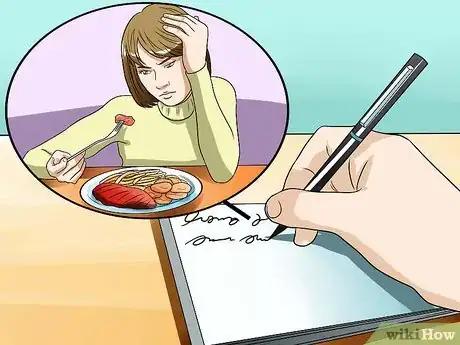
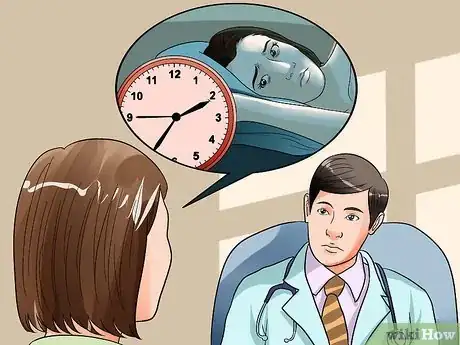
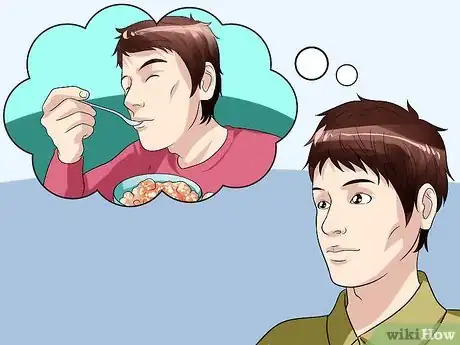
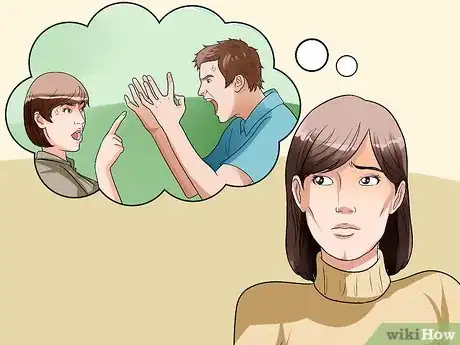
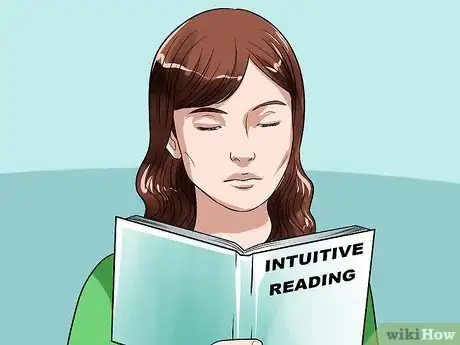
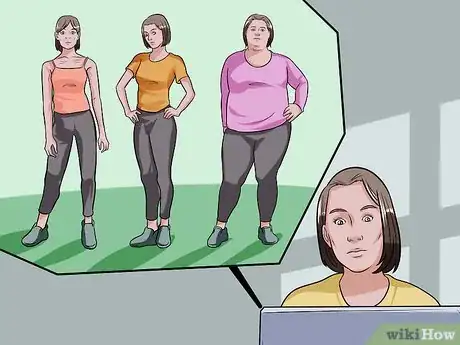
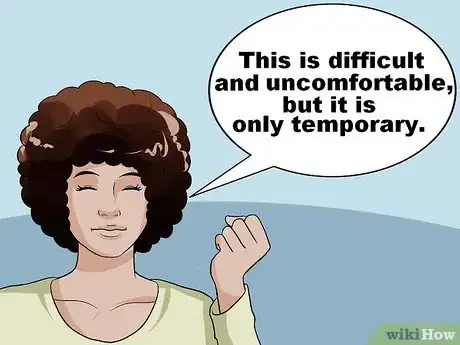

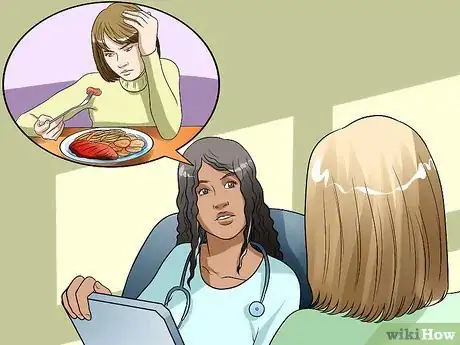
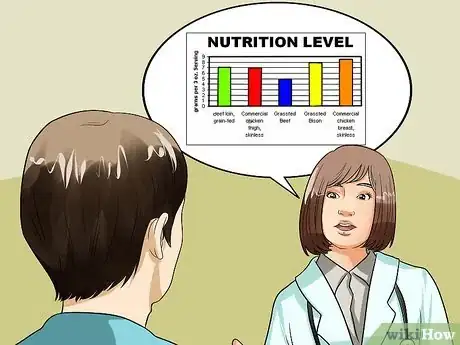
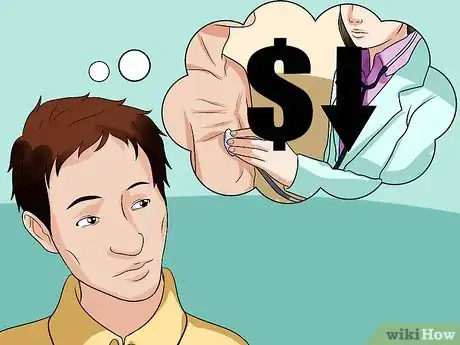
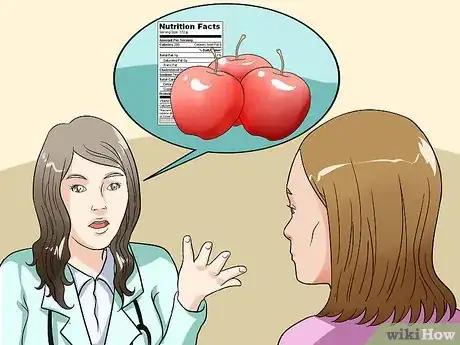
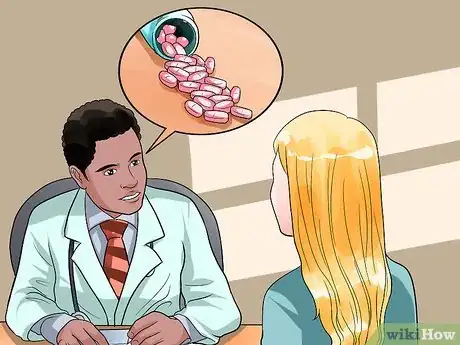

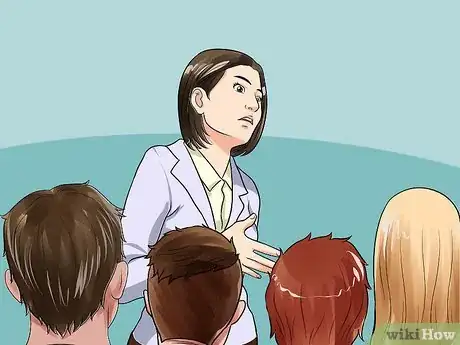

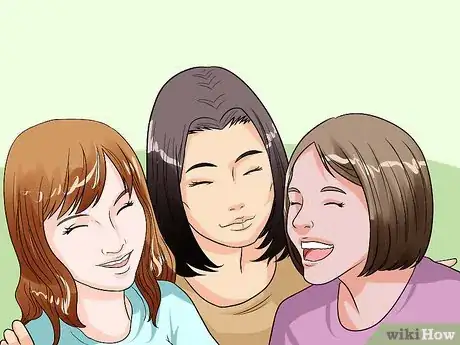
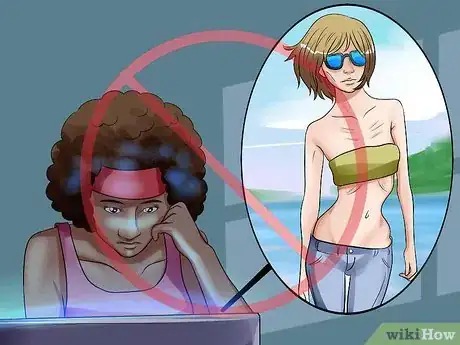

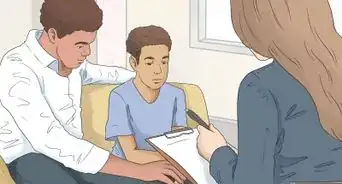







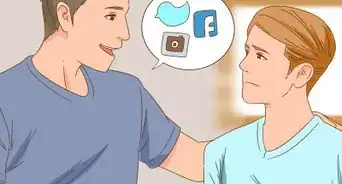


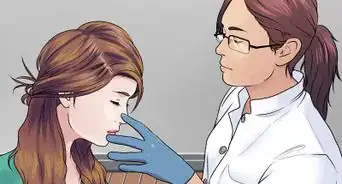
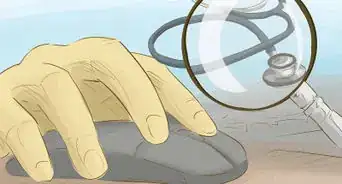









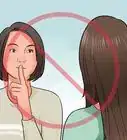




































Medical Disclaimer
The content of this article is not intended to be a substitute for professional medical advice, examination, diagnosis, or treatment. You should always contact your doctor or other qualified healthcare professional before starting, changing, or stopping any kind of health treatment.
Read More...